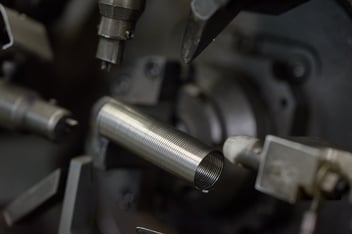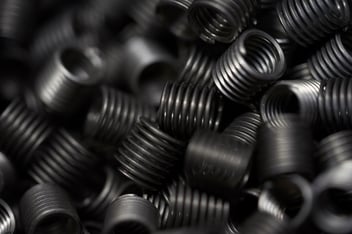Coarse threads
Coarse threads are more durable and have greater resistance to stripping and cross-threading. The height of each thread is greater than the corresponding fine thread so there is more material between each thread making flank engagement greater.
Coarse threads are less susceptible to being nicked or damaged, so they do not have to be “handled with care” as much as fine threads. A nick to a fine thread can cause more of a problem proportionally due to the shallowness of the thread, e.g. gauging or assembly.
Coarse threaded fasteners install much faster than fine threaded fasteners. A ½-13 bolt assembles in 65% of the time it would take to assemble a ½-20 bolt. The ½-20 bolt advances one inch in 20 revolutions, while the ½-13 bolt advances one inch in only 13 revolutions.
Coarse threads are not affected by plating buildup as much as fine threads. The same amount of plating on a coarse thread would use up a greater amount of the plating allowance on a fine thread. Fine threads experience more gauging and assembly problems due to plating buildup than coarse threads, as there is less material between each thread flank.
When using CoilThread® Locking Inserts, or other stainless steel threaded fasteners, coarse threads are much less likely to experience galling than fine threads. Fine threads have more rotations as we discussed previously and this coupled with the closer pitch diameter fits of fine threads increases the tendency for fine threads to experience thread galling.
Fine threads
Fine threaded bolts are stronger than the corresponding coarse threaded bolts of the same hardness. This is in both tension and shear due to the fine threaded bolts having a slightly larger tensile stress area and minor diameter.
Fine threads have less tendency to loosen under vibration due to their having a smaller helix angle than coarse threads. Fine thread Locking Insert grip coils are more flexible than coarse thread insert corresponding size grip coils, and are less likely to take a set under vibration conditions.
Fine threads because of their finer pitch allow for finer adjustments in those applications that need this characteristic.
Fine threads can be more easily tapped into difficult to tap materials, and thin walled sections.
Fine threads require less tightening torque to develop equivalent preloads to the corresponding coarse thread bolt sizes.
Summary
Normally a coarse thread is specified for most industrial applications unless there is a convincing reason not to do so. Military and aerospace applications generally use coarse threads on sizes 8-32 and smaller. On metric fasteners, generally the coarse sizes are the most commonly used with the finer pitches being less readily available.
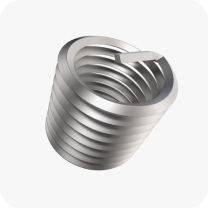
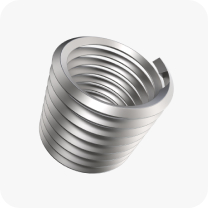
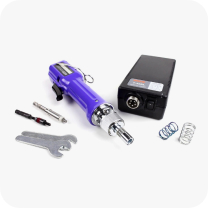
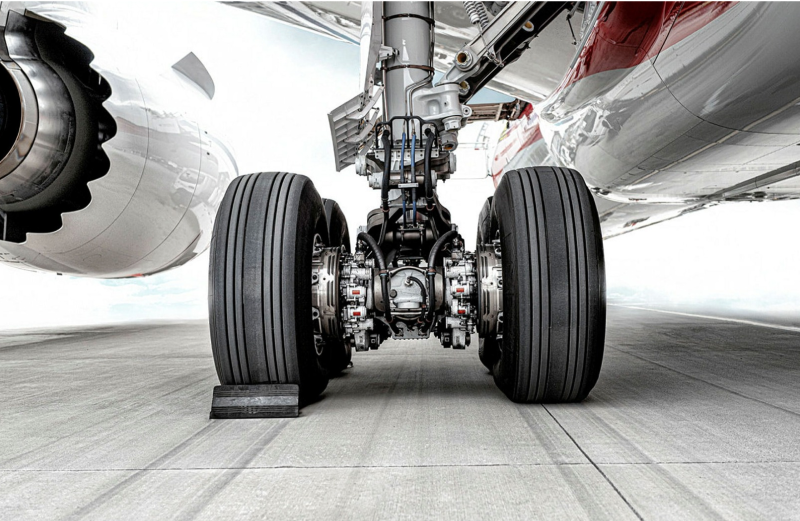
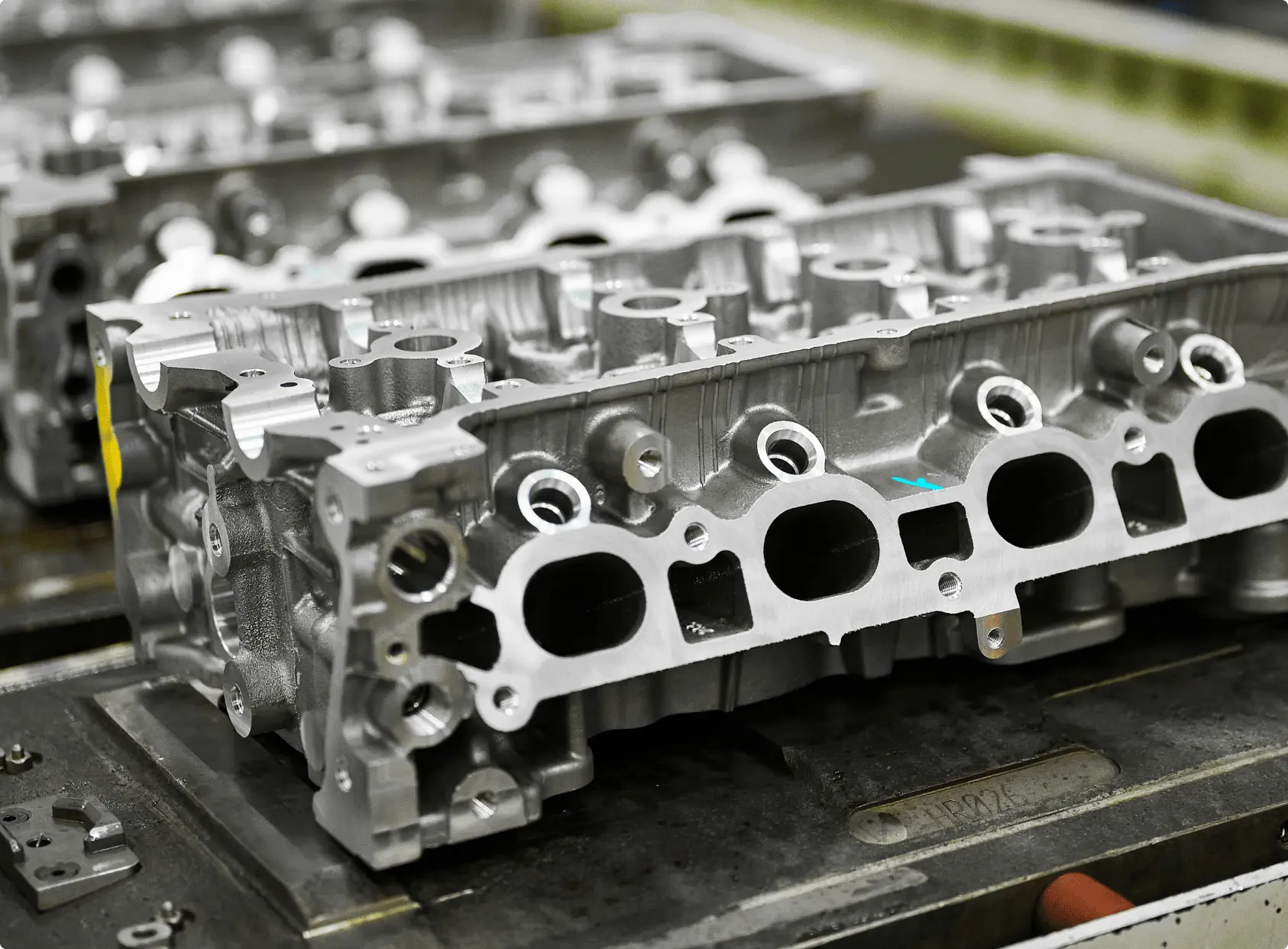
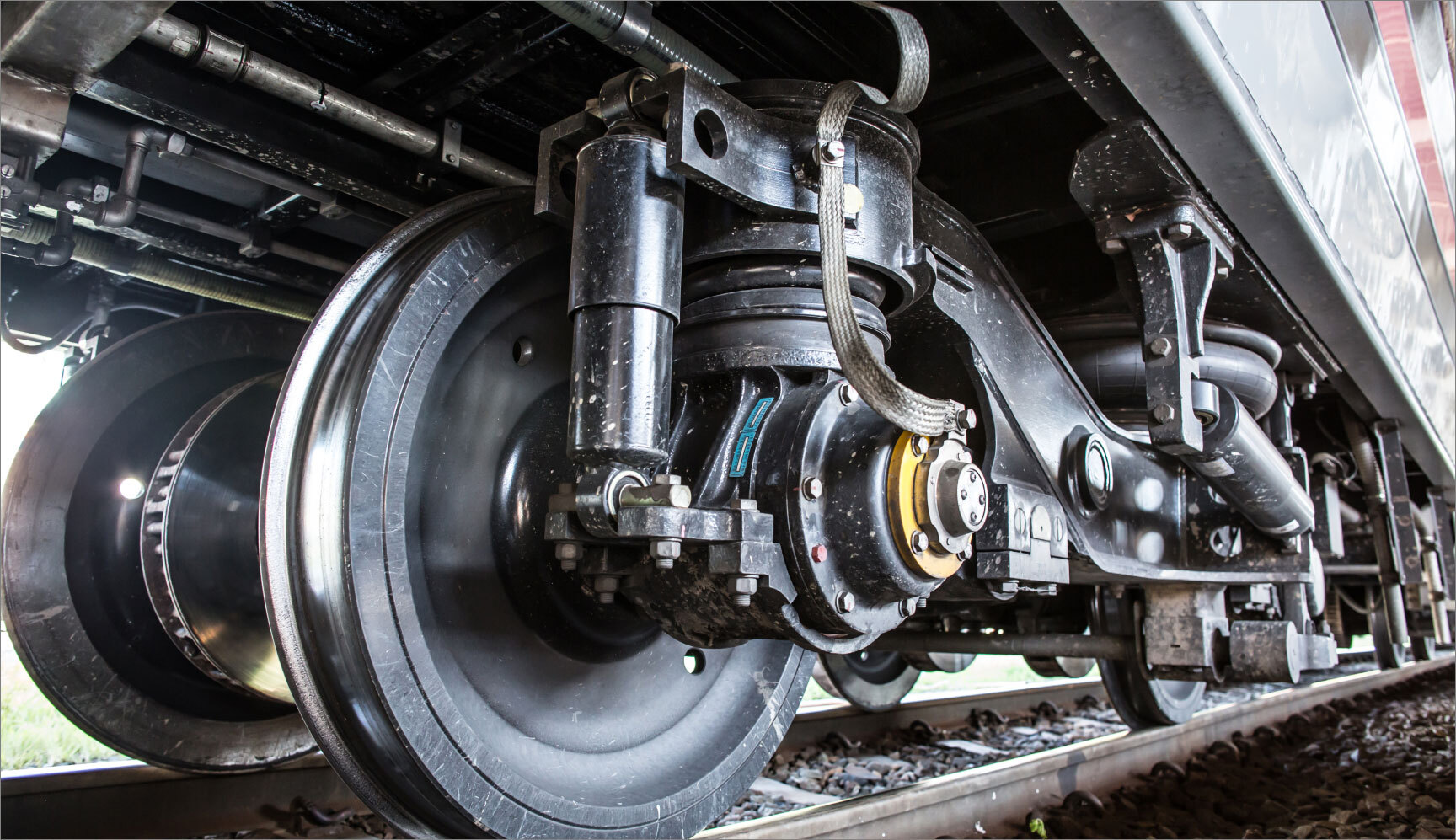


.jpg?width=352&name=Shutterstock_1375070846%20(1).jpg)
.jpg?width=352&name=Shutterstock_2288877403%20(1).jpg)
.jpg?width=352&name=Shutterstock_1357488977%20(1).jpg)
